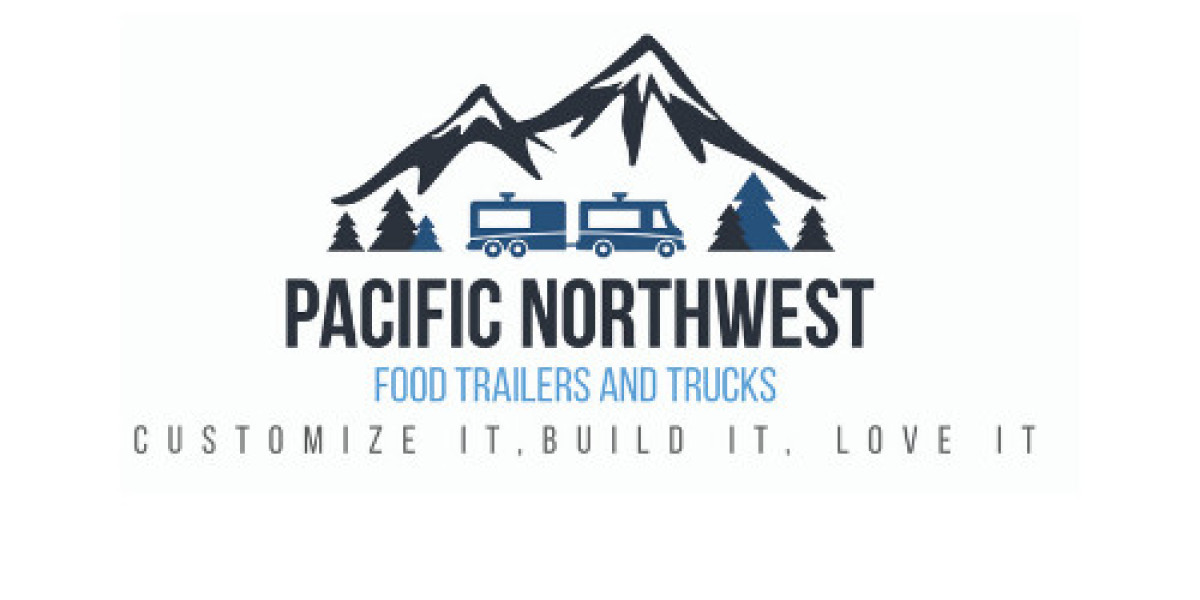In recent years, food concession trailers have become one of the most exciting trends in the mobile food industry. From bustling urban neighborhoods to small-town fairs and community events, these versatile units have taken the culinary world by storm. Their mobility, lower startup costs, and adaptability have made them a favorite choice for both aspiring entrepreneurs and established restaurateurs looking to expand their reach.
Why Food Concession Trailers Are in Demand
Food concession trailers offer a unique balance of flexibility and functionality. Unlike fixed-location restaurants, they can be moved from one venue to another, giving owners the ability to reach different customer bases throughout the week or even the same day. Whether parked at a weekend festival, outside a busy office district, or near a popular tourist spot, these trailers allow businesses to go where the crowds are.
Another factor contributing to their popularity is the reduced financial risk. Setting up a concession trailer generally requires a much smaller investment compared to opening a full-scale restaurant. This lower barrier to entry has opened the door for many entrepreneurs who have great culinary ideas but limited startup capital.
Versatility in Menu and Design
One of the key advantages of food concession trailers is their versatility. They can be customized to serve virtually any type of cuisine, from gourmet burgers and artisan pizzas to ethnic street food and vegan treats. Operators can experiment with new menu items more easily, responding to customer feedback and market trends in real time.
The design of these trailers can also be tailored to match a brand’s personality. Bright colors, bold graphics, and unique layouts can help attract attention and create a memorable presence wherever the trailer is parked. This branding not only makes the trailer more visually appealing but also reinforces a strong market identity.
Challenges and Considerations
While the potential for success is high, running a food concession trailer does come with challenges. Permits, licenses, and health regulations vary by location, so operators must be diligent about compliance. Space limitations can also require careful planning to maximize efficiency without compromising food quality or service speed.
Additionally, weather conditions and seasonal fluctuations can impact sales, so it’s important to have a flexible business strategy. Many successful trailer owners diversify their revenue streams by catering private events or securing regular contracts with local businesses.
Final Thoughts
Food concession trailers represent an exciting business opportunity for creative food entrepreneurs. Their flexibility, lower overhead costs, and ability to adapt quickly to changing customer demands make them a valuable part of today’s mobile food landscape. For those looking to start their journey in the mobile food industry, working with custom food trailer builders can be the first step toward designing a unit that fits your vision perfectly and sets you up for long-term success.








